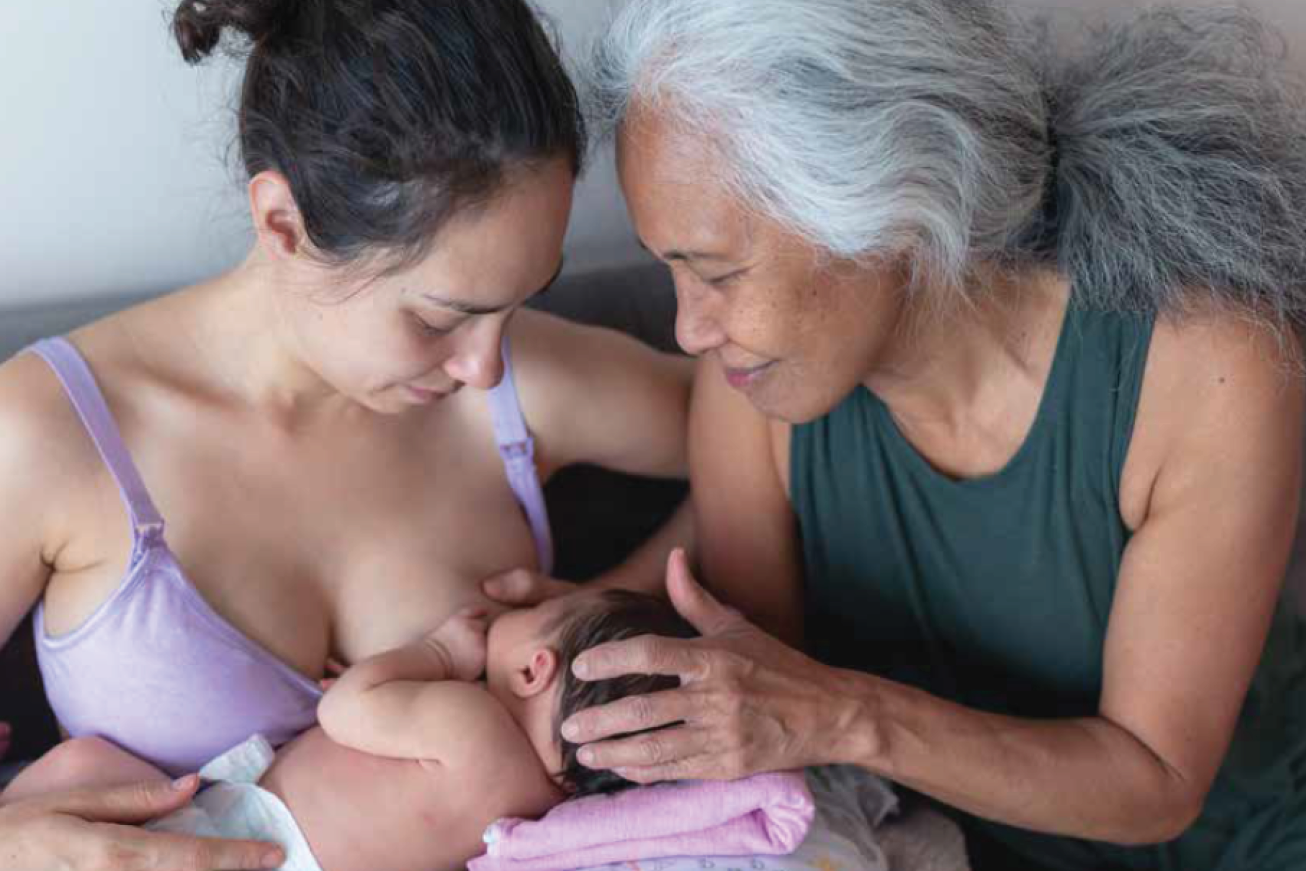
Sleep – to train or not to train?
Cry-it-out and other controlled crying methods became popular last century as a way to make babies sleep for longer periods. What wasn’t understood back then was that leaving babies to cry themselves to sleep floods their brains with the stress hormone, cortisol. It is during infancy that baby’s brain is paving critical brain pathways for life and this stress hormone can be damaging to their developing brains.
While ‘sleep training’ may appear to work in the sense that babies will stop crying and eventually fall asleep research has shown that the stress hormone remains, they will simply stop crying. Babies actually don’t understand that you’re teaching them to sleep as they can’t understand the concept of being separated from their mother. In fact, it’s many months after birth before babies even realise that they are a separate individual altogether. Crying is their only way of communicating with you that they have a need.
With family advice, which is most often well-meaning, it can get tricky. There are so many beliefs from decades ago which are still entrenched in our parenting culture today. You will hear conflicting advice that will put your head in a spin and we would advise that you read up on the topic (see the links below) and politely and firmly stick to your guns with regards to what you believe to be best for your baby.
No parent likes to hear their baby distressed, it’s instinctive and we are parents are hard-wired to respond. Our advice at Parents Centre is to listen to your baby, keep them close and respond at any time of the day or night. This isn’t just our opinion, it is backed by solid research to be best for your baby’s optimal development. Further it is respectful of their needs and will reap benefits in your close relationship in years to come.
For more reading on this topic check out the excellent articles on the Brainwave Trust website and Psychology Today and be very wary of ‘Sleep Consultants’ offering a quick fix solution to ‘sleep problems’ – which are quite often simply normal infant sleep patterns!
For more useful links follow us on Facebook, check out this article and go to the following recommended websites:
This information is from our series of questions from ‘Ask a Childbirth Educator’, December 2014






